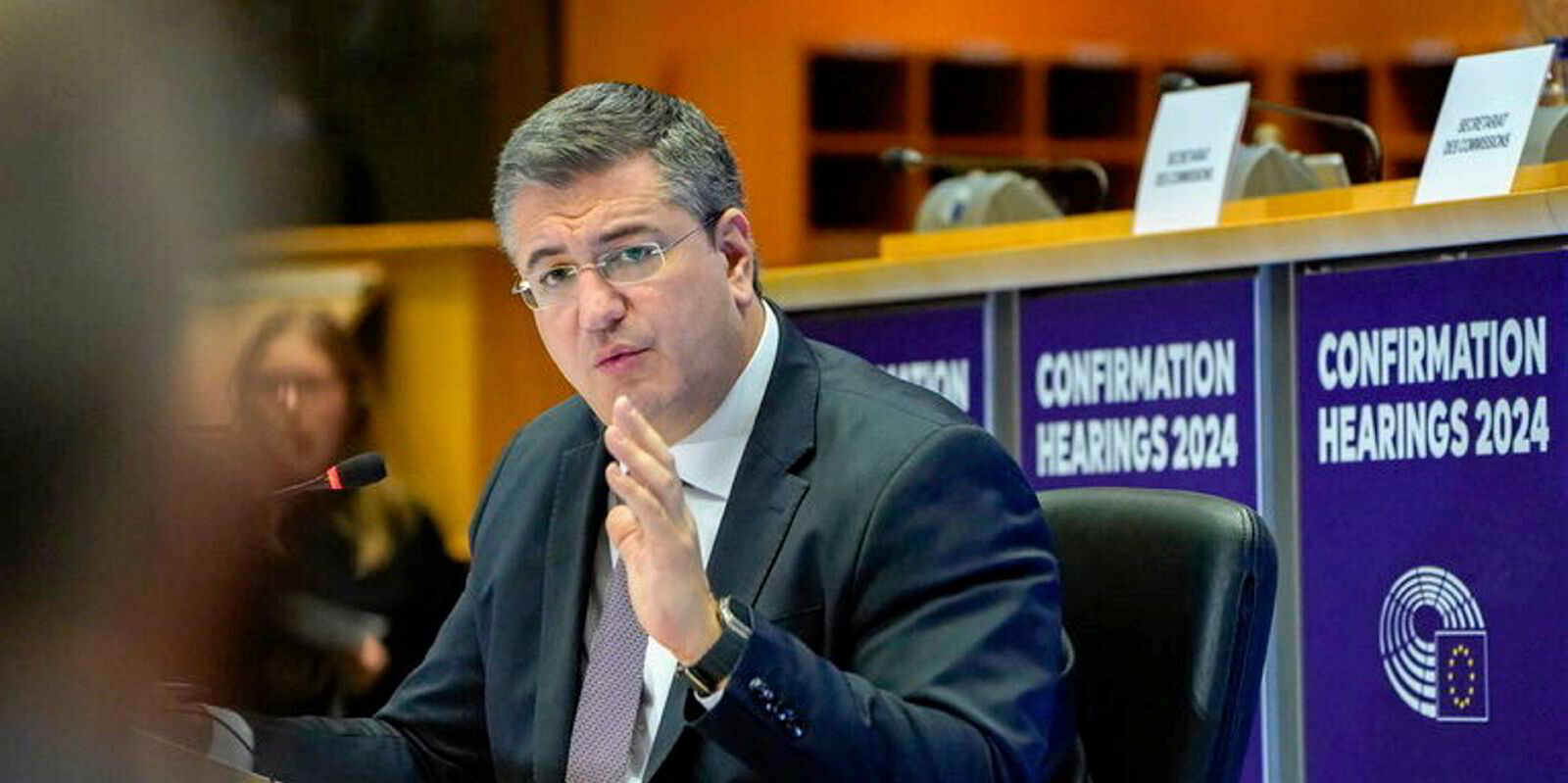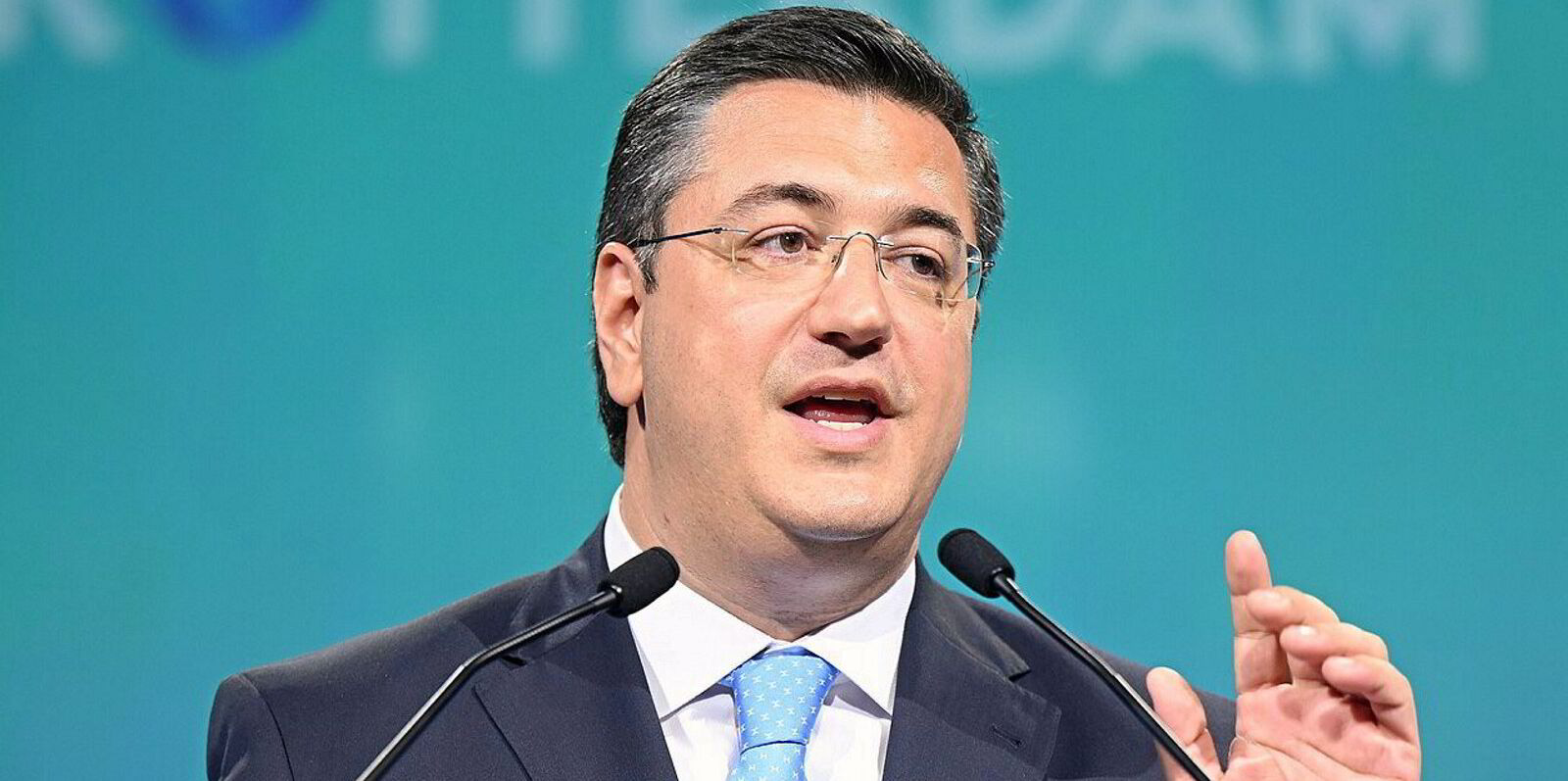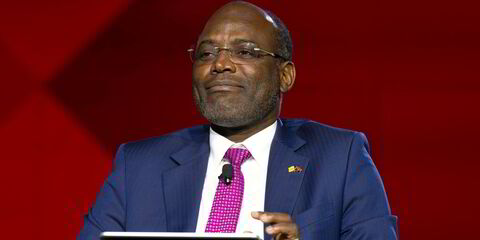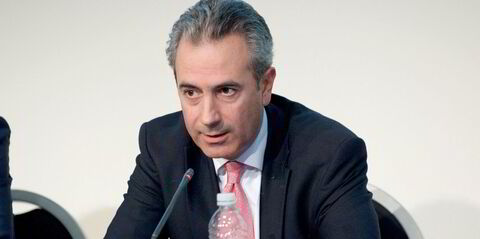Apostolos Tzitzikostas, a Greek career politician set to become the European Commission member in charge of shipping, plans to increase green marine fuel production, protect European Union ports against unfair competition and turn up the heat on old tankers carrying Russian crude.
Speaking at his confirmation hearing at the EU parliament late on Monday, Tzitzikostas told lawmakers that next year he will present a Sustainable Transport Investment Plan (STIP) to boost the production and uptake of green fuels in the bloc.
The plan will focus on maritime and aviation fuel — sectors where decarbonisation is particularly hard to achieve — said Tzitzikostas, the EU commissioner for sustainable transport and tourism.
His statements come one week after European shipowners and an influential environmental group together called for measures to boost the production and availability of green marine fuels.
In a joint statement issued on 31 October, the European Community Shipowners’ Associations and Brussels-based Transport & Environment urged the EU to ensure that at least 40% of clean fuels and technologies needed to achieve shipping’s EU climate targets are manufactured in Europe.
While not offering specific details as to how the STIP would work, Tzitzikostas said on Monday that the initiative would offer incentives for the production of alternative fuels.
The STIP will be part of a wider Clean Industrial Deal, which European Commission president Ursula von der Leyen has promised to adopt in the first 100 days of her next five-year term set to begin around December.
Heat on the IMO
The EU has set itself an ambitious target to reach climate neutrality in 2050.
Tzitzikostas, who will represent the EU at the International Maritime Organization, pledged to make sure that the decarbonisation measures to be adopted by the London-based organisation next year would be in line with EU ambitions.
“We’ll be there to obtain the goals that we need,” he told lawmakers on Monday.
The EU has in the past threatened to take unilateral decarbonisation steps if it thinks that global measures at the IMO level fall short.
Brussels has ploughed ahead, charging carbon taxes on inbound vessels as part of the EU Emissions Trading System.
Responding to complaints that the measure had hurt European ports, as shipping companies seek to bypass the EU ETS by using transshipment hubs just outside the bloc, Tzitzikostas promised to take countermeasures.
“I take carbon leakage very seriously,” Tzitzikostas said.
The EU already applies the EU ETS extraterritorially to two ports outside its borders — Tanger Med in Morocco and East Port Said in Egypt.
“In the revision of this list we’ll need to include even more ports, especially in … northern Africa,” he said at the hearing.
Decisive action
Another matter the 46-year-old conservative politician promised to monitor closely is substandard tankers carrying Russian crude through European waters.
“I fully support the sanctions against Russia and I take the shadow fleet issue very seriously,” Tzitzikostas said in response to an EU lawmaker from Finland who raised concerns about potential environmental damage caused by ships trading in Russia.
“I’ll push to make the requirement of proof of marine insurance mandatory, so we can put the spotlight on suspicious vessels,” he said.
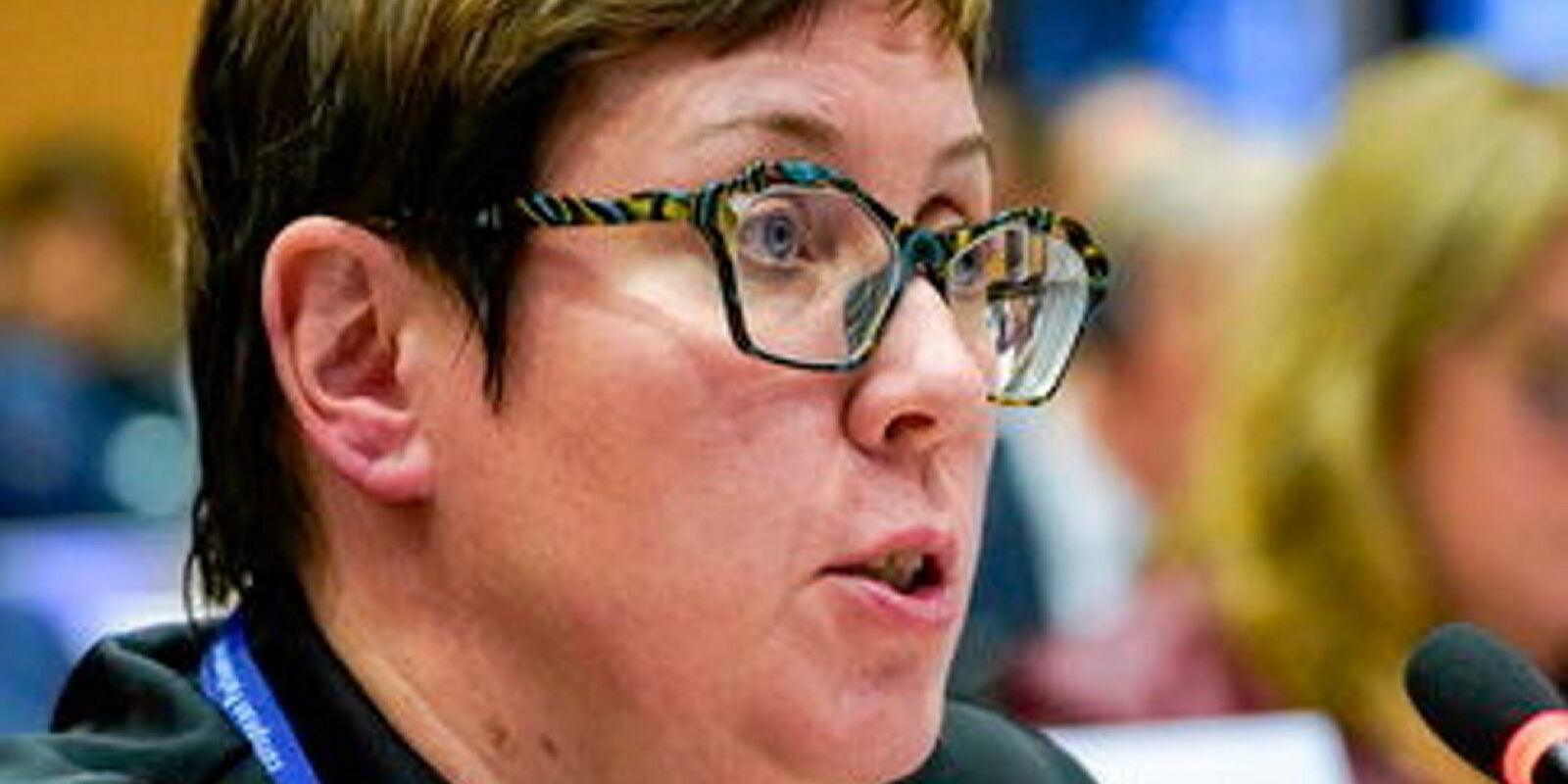
The incoming commissioner plans to use the European Maritime Safety Agency to better monitor substandard vessels and also engage with the IMO to the same effect.
Even though it is up to individual EU member states to enforce environmental rules and monitoring, Tzitzikostas said he will encourage them to stay vigilant.
“I will be following this matter very closely — if I see there’s no compliance, I’ll act decisively against any member state,” Tzitzikostas said.
One early adopter of protection and indemnity proof requirements was Turkey, which adopted the measure two years ago for ships crossing the Bosphorus.
Russian officials have argued that any efforts to obstruct vessels from crossing international waterways, such as the Baltic Sea, will be viewed by Moscow as a violation of international law and an infringement on the principle of free navigation.
Greece’s state-run Athens News Agency reported that the European Parliament’s transport commission approved Tzitzikostas, whose term is set to begin next month after parliamentary confirmation.
